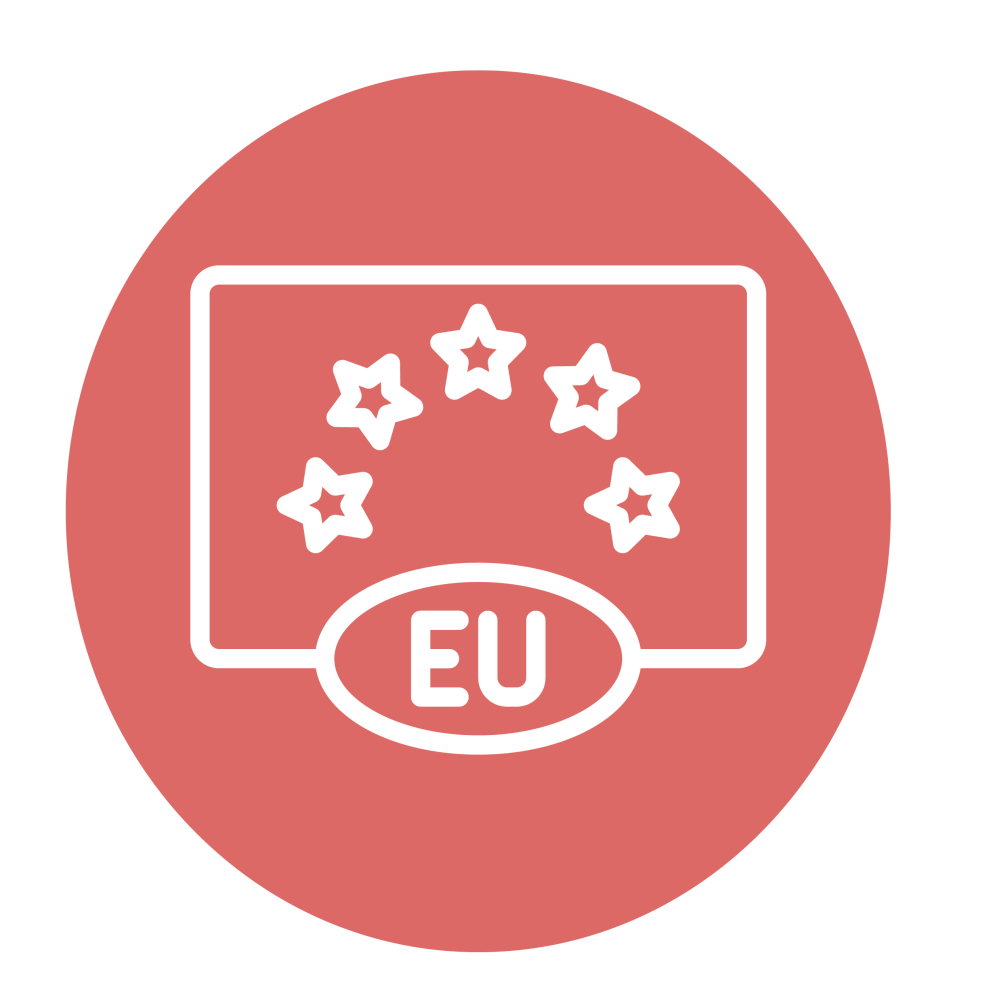Skills and Talent: Attracting the talent we need
More people with talent and skills are needed to meet the growing needs of the labour market. The EU attracts talent from around the world but it’s not alone in the global race for skills. Other OECD countries, such as the USA, Canada, and Australia, also attract talent from abroad.
The Impact of Demographic Change in Europe report shows that Europe has an ageing and shrinking population and skills shortages that need to be addressed.
Actions

Reform of the EU Blue Card Directive to attract the highly skilled talent needed in different labour markets now agreed.

Revise the Long-term Residence Directive to strengthen the rights of residents to move and work in different Member States.

Revise the Single Permit Directive to simplify the procedures for low and medium skilled workers.

Set up an EU Talent Pool to match skilled workers wishing to move to the EU with the needs of EU employers.
In April 2022, the Commission has put forward an ambitious and sustainable legal migration policy. It proposed legal, operational and policy initiatives that will benefit the EU's economy, strengthen cooperation with non-EU countries and improve overall migration management in the long term. The set of proposals also includes specific actions to facilitate integration of those fleeing Russia's invasion of Ukraine into the EU's labour market. In particular, the EU Talent Pool Pilot was launched to help people who had fled the war in Ukraine to find a job in the EU and integrate into the job market.
Developing legal pathways to protection in Europe
Offering legal pathways for those in need of protection can provide safe alternatives to dangerous journeys. It helps make Europe an open, globally connected continent.
Actions

Commission providing support to Member States to implement the 2024-2025 pledges for resettlement and humanitarian admission to sustain the EU contribution to global resettlement needs

Commission promoting pathways for people in need of protection linked to study or work through funding dedicated projects in this area across Member States

Member States encouraged to cooperate with citizens, communities and civil society organisations to welcome and sponsor newcomers who arrive to Europe through a safe pathway.
Commission promoting the development of community sponsorship schemes, including humanitarian corridors, through funding dedicate projects across Member States.
The Commission works closely with the Member States to promote resettlement and other legal pathways to protection. At the most recent high-level discussion on 8 May 2023, Commissioner Johansson and high-level representatives from the Member States discussed strategic questions concerning legal pathways to protection as Member States are preparing their pledges for the next two years (2024-2025), for which EU funding support will be made available.
Supporting integration into local communities
Challenges
- unemployment
- lack of educational or training opportunities
- limited social interaction
Successful integration
- benefits newcomers and local communities
- sets a positive example for how Europe can manage migration by building open and resilient societies
Actions

Action Plan on integration and inclusion for 2021-2027

Renewed European Partnership for Integration for stronger cooperation with trade unions, employers’ organisations, chambers of commerce for integration through work

Including the views of migrants in the development of policies through a dedicated expert group to advise the Commission.
Documents
Documents associated with the Migration and Asylum Package

